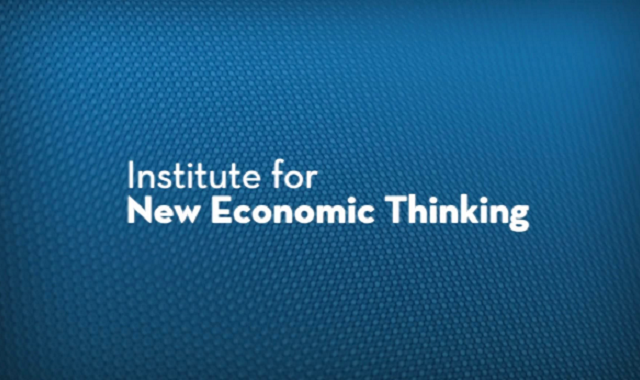Ethics vs. Ethos in US and UK Megabanking
By Edward J. Kane
ABSTRACT
Company law in the US and UK fails to acknowledge that authorities’ propensity to rescue giant banks from the consequences of insolvency assigns taxpayers a coerced and badly structured equity stake in too-big-to-fail institutions. The entrenched managerial norm of maximizing stockholder value lends a misplaced legitimacy to efforts by TBTF managers to take on dangerous levels of tail risk because their bank’s deep downside is effectively eliminated by the prospect of unlimited taxpayer support. Conventional tools of prudential regulation constrain but do not de-legitimate this behavior. To accomplish that end, this paper calls for: (1) a formal recognition of the fiduciary duties that TBTF firms owe to taxpayers and (2) criminalizing aggressive pursuit of safety-net subsidies as “theft by safety net.”
Summary
Characterizing taxpayer bailout support as a form of coerced equity investment leads us to interpret taxpayers’ positions in megabanks as a portfolio of trust funds. Although it is only part of the solution, rewriting each country’s corporate code to require bankers to measure and service the value that they extract from these trust funds would be a good start. But no matter how regulators write such a rule and how they might repack their tangible toolbox of stress tests, living wills, compensation controls, and capital and liquidity requirements, if they do not also set up ways to punish individuals for acts of willful or complicit safety-net theft, we are bound to experience more and more safety-net abuse in the future. To assure that taxpayer rights are enforced, I believe that safety-net abuse must also be defined as a bright-line form of criminal theft and regulators and prosecutors must be obliged to impose a ladder of graduated penalties on individuals who can be shown to have authorized or engaged in reckless tail-risk maneuvers.
Full paper can be downloaded here…
~


No Comment